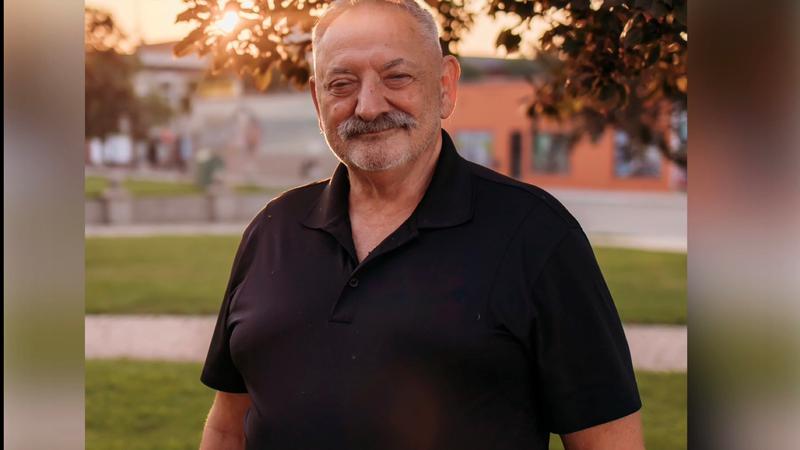
Concerns arise that P.A. won’t be eligible for expanded loan forgiveness program
There is concern that a student loan forgiveness program for social care workers and other professionals won’t be coming to Prince Albert.
As part of the 2024 Federal Budget, released on April 16, the Liberal Government announced it would be expanding the Student Loan Forgiveness Program to several health care professions in rural and underserved communities.
This includes Early Childhood Educators, Midwives, and Social Workers.
The program is not expected to start until 2025 and while the eligibility requirements are still being ironed out, the Canadian Association of Social Workers (CASW) said they’ve been told the benefits would be available to those practicing in communities with less than 30,000 people.


